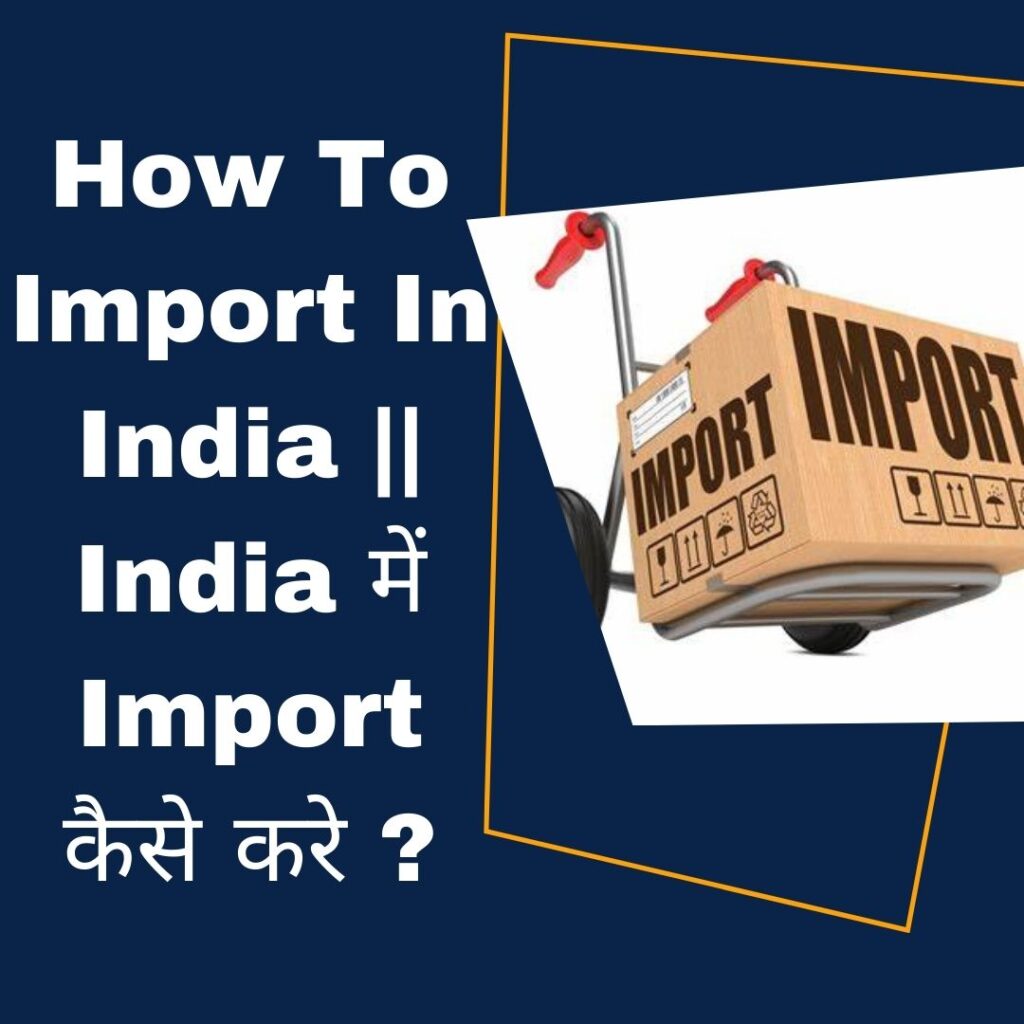Steps to Import in India:
Obtain an Importer Exporter Code (IEC):
It’s a 10-digit code required for import/export.
Apply online through the DGFT (Directorate General of Foreign Trade) website.
Determine Import Eligibility:
Some goods require special licenses or permits for importation.
Identify Harmonized System (HS) Code:
Each product has a unique HS code for customs purposes. Determine the correct code for your goods.
Customs Duty and Tariff Information:
Know the applicable customs duties, taxes, and tariffs for the imported goods.
Documentation:
Prepare necessary documents like commercial invoices, packing lists, bill of lading, import licenses (if needed), insurance documents, etc.
Choose Mode of Transport:
Decide whether to import via sea, air, or land transport.
Customs Clearance:
Submit the required documents to customs authorities.
Pay applicable duties and taxes.
Goods Inspection:
Goods might be subject to inspection by relevant authorities.
Release of Goods:
Once customs clearance is complete, goods are released for delivery.
Delivery and Payment:
Receive the goods and complete payment to the supplier.
Regulations and Considerations:
Restricted Goods: Some goods are prohibited or restricted from being imported into India. Check the list provided by the Indian customs authorities.
Customs Duties and Taxes: These vary depending on the nature of the goods and their value. Familiarize yourself with the rates to calculate the total cost.
Quality Control and Testing: Some products may require adherence to specific quality standards. Ensure compliance with relevant regulations.
Licenses and Permits: Certain goods need special licenses or permits from specific government agencies.
Clearance Agents: Working with a customs clearance agent can simplify the process as they’re well-versed with import procedures and regulations.
Currency Regulations: Be aware of regulations regarding foreign currency transactions and payments.
Additional Tips:
Stay updated with changes in import/export policies and regulations through the DGFT or customs department.
Work closely with a customs broker or freight forwarder for a smoother process.
Consider hiring a local consultant or legal advisor familiar with Indian import laws.
Importing involves navigating various legal and logistical hurdles. It’s essential to thoroughly research and understand the specific requirements for your goods to ensure a hassle-free import process into India.



